Published

Marie-Laure Burg Autier
EMEA Workday Finance Solution Architect at Alight Solutions
The pandemic highlighted a “digital divide” between organisations that had already invested in digital systems in their financial operations and those that had not. see more
- 07:00 am
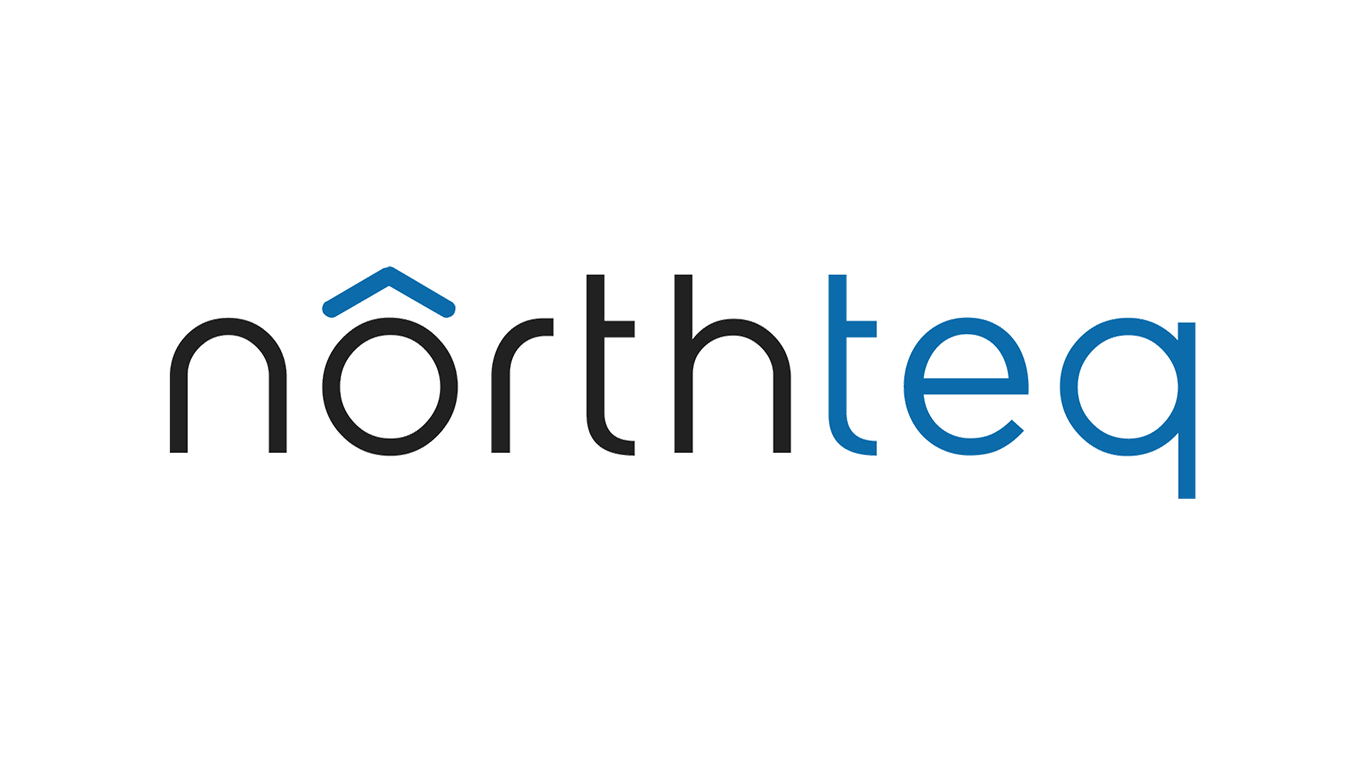
Northteq, Inc. a leading provider of Salesforce origination solutions announced today that Finova Capital, LLC, an industry leader in equipment financing and small business lending, has integrated Northteq’s Aurora Loan Origination System (LOS) and Aurora Partner Portal with its Merchant CashTap platform to create an enhanced small business lending experience. This integration allows Finova Capital to offer a point-of-sale, self-service solution giving quick access to financing products while bringing a more convenient and streamlined experience for Finova Capital customers.
"Our goal was to build a simpler, faster finance solution for the small business lending and payment space. We chose to work with Northteq for their extensive experience providing enterprise-level Salesforce solutions to financial institutions. Northteq has been a significant partner in helping Finova successfully execute our strategy,” said Bob Neagle, chief executive officer at Finova Capital.
With the needed focus on a positive customer experience in today’s digital lending world, Northteq and Finova Capital worked together to redefine the total Merchant CashTap experience, inside and out. The focus on the user experience isn’t only for Finova Capital’s merchant customers, it spans to its vendor and broker partners, and the employees supporting their business. This upgraded experience provides automated, fully integrated digital credit scoring, underwriting, onboarding, signing, and tracking. The enhanced platform supports Finova Capital’s vendor partners using Northteq’s embedded finance solution (API) to create a seamless merchant experience directly from their partners’ websites.
"We’re striving to simplify and redefine the lending experience from all aspects - for the borrowers, vendor and broker partners, and employees. Whether that means using our full suite of Aurora products or just one, our focus is on creating a frictionless, thoughtfully designed user experience,” said Kristian Dolan, chief executive officer and founder of Northteq.
Northteq’s Aurora LOS and Partner Portal seamlessly connect all origination workflows and areas of customer data entry allowing for effortless workflows, confidence in customer approvals, and the elimination of manual, outdated processes. Aurora increases employee productivity and ensures accuracy in customer data from start to finish.
Related News
- 02:00 am
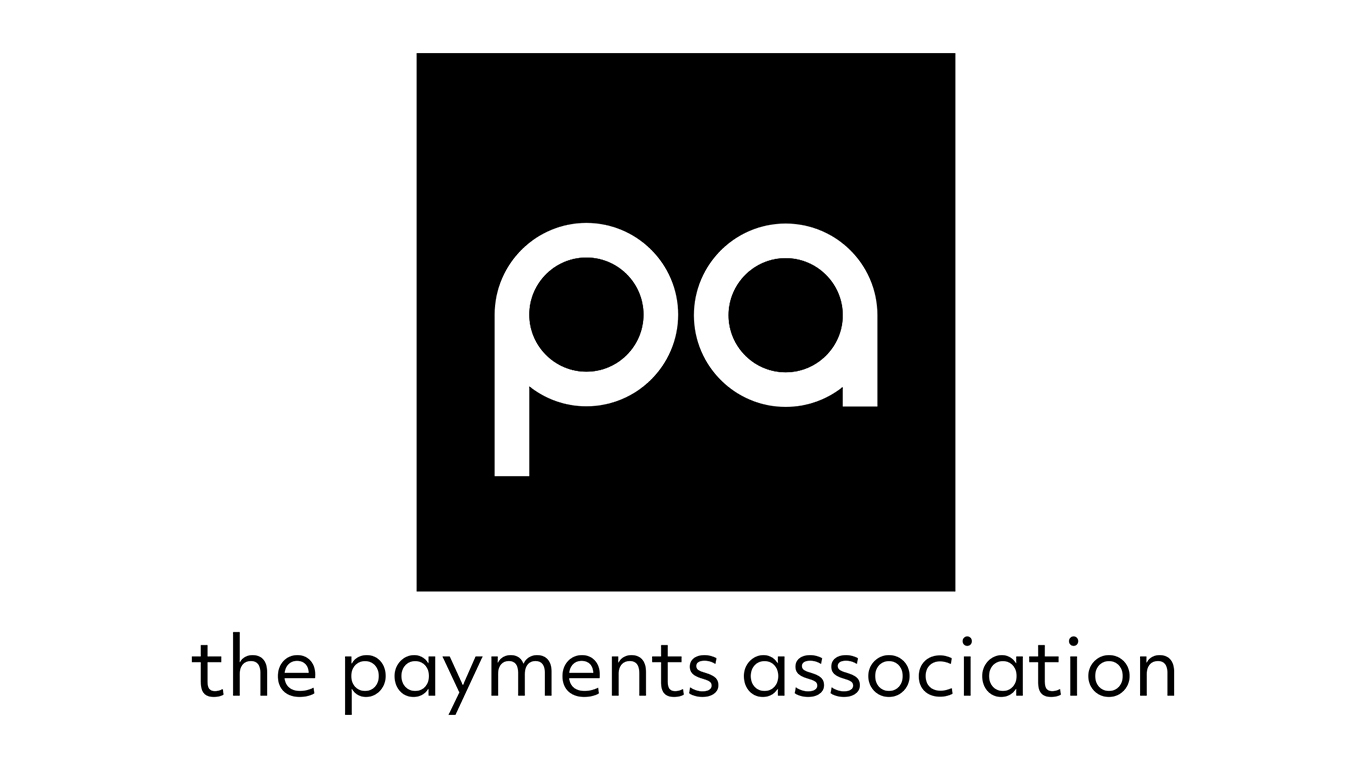
A recent whitepaper issued by The Payments Association shows how virtual cards offer strategic opportunities for companies. It also explores how the payment method can empower businesses to adapt to fast-changing market conditions, take control of expenditure, and uncover unique business intelligence insights that will elevate them above their competitors.
As Virtual Cards: How companies can unlock the €5 trillion bionic B2B opportunity highlights, the emergence of virtual cards as an extension of commercial credit, debit and prepaid cards is transforming B2B payments. They are unlocking vast revenue, data and operational strengths for the companies that use them.
The global value of virtual card transactions is expected to soar from €1.8 trillion (£1.6 trillion) in 2021 to an astronomical €6.7 trillion (£5.7 trillion) by 2026. With 70% (nearly €5 trillion) of all value coming from B2B transactions, fuelled by the urgent need for companies to optimise back-office processes, speed up payment flows and supplier onboarding, minimise risk and reduce fraud.
Andrew Auden, Senior Director of B2B Payments at FIS, comments: “The use of virtual cards has remained frustratingly slow outside of specific verticals or geographies. However, that is now changing quickly. Virtual cards can be embedded seamlessly in payment journeys, delivering working capital benefits for both buyers and suppliers, as well as finely tuned controls to avoid misuse or fraud while supporting rich integrated data to help reporting, accounting and reconciliation processes.”
The whitepaper outlines how companies are currently managing their B2B payment processes, and where virtual cards can be introduced to create game-changing efficiencies through faster-guaranteed settlements, increased control and security, and enriched transaction data that enable accurate reporting and reconciliation. Taking expert insights and case studies from some of the industry’s leading minds, including, Kris Carrera, Head of UK & EU Payments at FIS Card Solutions, Thomas Dunn, Chairman of Orbian and Simon Kelly, Director of Sales at Conferma Pay, this paper harnesses the tactics that companies need to tap into the readily available benefits on offer with virtual cards.
Tony Craddock, Director General at The Payments Association, adds: “This is a key piece of research that we’re releasing to our members. As companies across more sectors see the tangible benefits of digitising payment and operational processes, virtual cards will help them to unlock more competitive strengths, infuse more agility and speed throughout their operations, and tap into a goldmine of data analytics. With these powerful, bionic advantages, small and large businesses can make quantum leaps forward.”
To download a copy of the report, please visit: https://thepaymentsassociation.org/whitepaper/virtual-cards-how-companies-can-unlock-the-5-trillion-bionic-b2b-opportunity
Related News
- 06:00 am

Quaint Oak Bank and Teslar Software today announced their partnership to enhance the bank’s commercial lending strategy. The $750 million-asset community bank will leverage Teslar’s full suite of automated workflow and portfolio management tools to improve the lending process for both lenders and borrowers.
"We care about our customer experience and have aggressive growth goals so it was important that Teslar’s technology support the entire lending process from beginning to end, from origination to pay off,” said William Gonzalez, EVP of Quaint Oak Bank. “Teslar is a one-stop shop, allowing us to digitize the comprehensive lending process with a single, trusted partner. We’re confident Teslar’s automated workflows and modern technology will help us expand our geographic reach and provide our customers with a great digital experience.”
Teslar will enable Quaint Oak Bank to increase transparency across departments, providing greater visibility into customer portfolios. Through Teslar’s digital customer portal, customers can apply for loans online, securely upload documents, and easily monitor the status of their loans.
“Quaint Oak Bank is on an impressive growth trajectory, and our lending process automation tools will enable them to continue supporting new and existing communities with confidence,” said Joe Ehrhardt, CEO and founder of Teslar Software. “With Teslar, the bank can grow more efficiently, optimizing employees’ time and allowing them to focus more on the customer relationship. Plus, the bank will be able to provide the convenient, digitally optimized experience customers and prospects want through our digital customer portal.”
Related News
- 01:00 am

Nova Credit, the world’s leading consumer-permissioned credit bureau, today announced that it has partnered with HSBC to provide the bank with global access to its cross-border credit data product, Credit Passport®, creating more opportunities for credit access to cross-border customers across the globe.
This partnership will allow HSBC to access the translated credit history of new-to-country consumers as part of their credit applications, upon their permission. This innovative solution will enable the bank to make more real-time application approvals responsibly and at a greater scale. The first deployment, with HSBC Singapore, launched in May.
To underscore its support for Nova Credit and accelerate its global expansion, HSBC Ventures has made an investment of $10 million in the company.
Global Deployment Starts with Singapore
Historically, credit history has stopped at the border, preventing many financial services companies and lenders from being able to serve customers who have proven creditworthiness in their home country, but arrive with credit invisible. Credit Passport® seamlessly and securely integrates into a financial institution’s credit application process, enabling applicants’ global credit records and scores to be instantly accessed in just a few clicks.
HSBC Singapore is the first HSBC entity to launch the capability as part of the bank’s global rollout, also making it the first organization ever to implement Credit Passport® outside of the U.S., enabling it to instantly access the translated credit history of new-to-country consumers moving to Singapore, facilitating quicker access to credit for them.
Nova Credit and HSBC Singapore will initially use Credit Passport® to support the thousands of new to Singapore customers with credit history in India. The bank intends to expand the coverage of the solution to include customers with a credit history in Australia, the United Kingdom and the Philippines in 2022, and to more country bureaus in 2023, making it available to even more Singapore newcomers.
“Opening up a world of opportunity, sits at the core of HSBC’s purpose, and we’re always passionate about identifying new ways to solve problems faced by our International customers,” said Taylan Turan, Group Head of Retail Banking and Strategy, Wealth and Personal Banking at HSBC. “Accessing credit in a new market can be a challenge and is something we’ve been helping customers with for years. We’re excited to be partnering with Nova Credit, to improve our ability to do this even more, with its innovative digital Credit Passport. We’re proud to be the first organisation to offer this to customers in Singapore.”
Additional Investment to Support Company’s Global Scale
As a testament to their belief in Nova Credit’s vision to stitch together the world’s financial system, HSBC Ventures has invested $10 million in the company. This investment will enable Nova Credit to support HSBC as they accelerate the deployment of Credit Passport® around the globe.
HSBC Ventures joins the likes of leading investors, including Kleiner Perkins, Canapi Ventures, General Catalyst and Index Ventures, and executives from Goldman Sachs, JPMorgan and Citi.
Since launching in the U.S. in 2016, Nova Credit has built relationships with credit bureaus in over 20 countries to gain consumer-permissioned access to over a billion credit profiles, and developed partnerships with big-name lenders such as American Express and Verizon.
“Nova Credit and its Credit Passport® product are at the forefront of financial innovation and we are delighted to bring this solution to our large international customer base,” said Catherine Zhou, Global Head of Ventures, Digital Innovation and Partnerships at HSBC. “Seeing the company’s success in reaching migrant communities over the past six years in the U.S., it is clear that Credit Passport® should be shared with a wider audience. This is the first step in an exciting journey, and we look forward to working with Nova Credit to bring scale to the business and its work towards financial inclusion.”
“Despite considerable globalization, our financial world remains far from borderless. This historic partnership with HSBC will bring the Credit Passport® to new parts of the world, unlocking new frontiers in the flow of financial information,” said Misha Esipov, co-founder and CEO of Nova Credit. “This partnership ensures that more people who cross borders can take their data with them, in a secure and compliant manner, and ultimately arrive and thrive in their new home.”
“This partnership and funding is the first step toward achieving a core goal of delivering the Credit Passport® globally: ensuring your financial identity is your own, no matter where you’re from or where you choose to live,” said Collin Galster, VP of International at Nova Credit. “We are honoured to take this historic step in partnership with HSBC.”
Related News
- 05:00 am
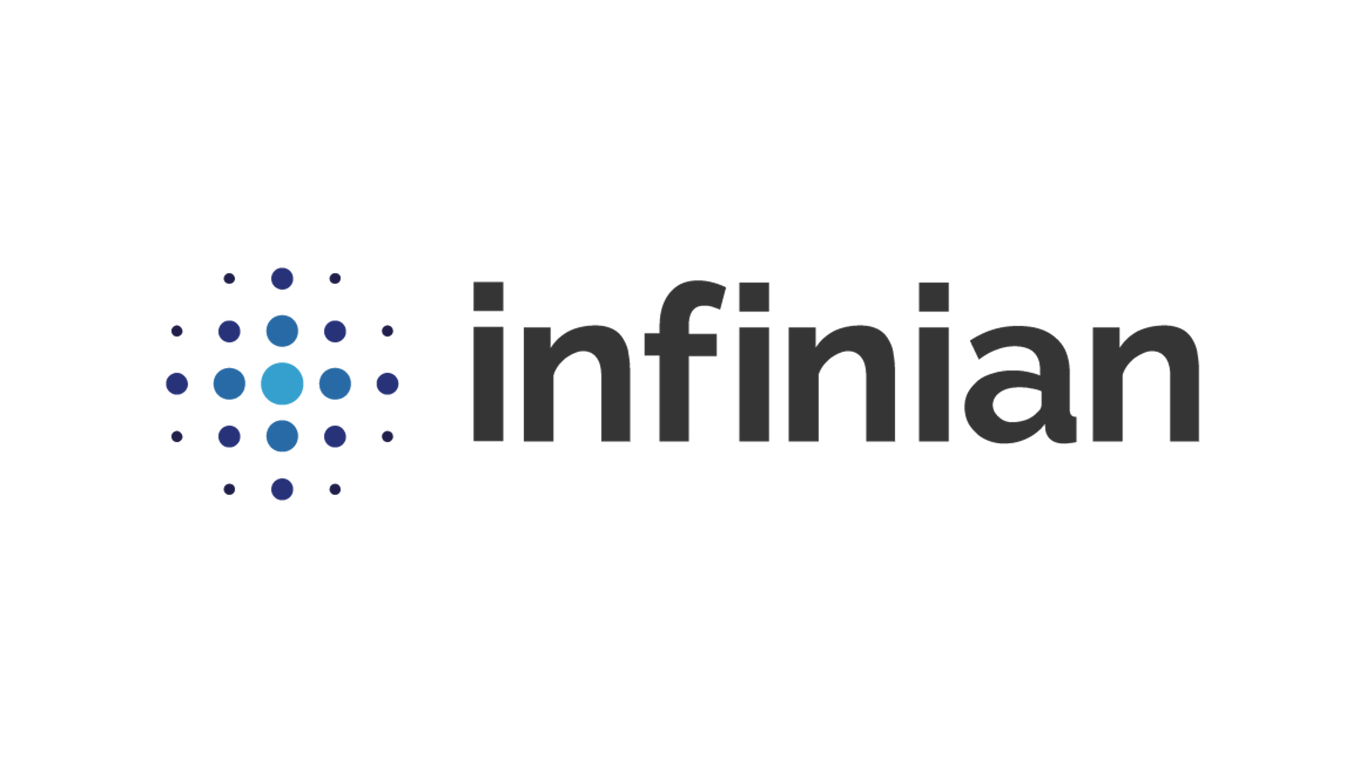
On 16 June 2022, the Financial Conduct Authority (FCA) wrote to the leaders of more than 3,500 lenders to remind them of the standards they should meet as consumers across the country are affected by the rising cost of living.
The ‘Dear CEO' letter to firms across the financial services sector, which included all regulated and non-regulated Buy Now Pay Later operators, was to remind them of their obligations regarding the fair treatment of customers.
The letter details findings from ongoing work on the treatment of customers in financial difficulty since the height of the COVID crisis, and highlights areas of concern with thirty-four lenders so far asked to make improvements.
Infinian, part of Quint Group, is the leading provider of affordability and vulnerability insights and data analytics for the gambling & consumer finance sector. Their Affordability Risk Model is key for aligning businesses to the FCA requirements issued from the ‘Dear CEO’ letter as the data reflects real life. The most recent quarter of data is showing an increase in the cost of living in line with other research looking at the cost of living crisis.
The Infinian Affordability Risk Model is a 2-solution approach to providing and utilising data to assist in assessing the affordability of individuals.
One of these solutions within the model is their ‘Matrix of Costs Table.’ This is a targeted, configurable look-up to estimate housing and essential cost of living figures for a wide variety of demographic groups. The model uses over 1.3 million unique credit applications, covering a 12-month period refreshed on a quarterly basis.
The data collated can be used to estimate costs on an ‘individual circumstances’ basis which is a key requirement highlighted by the FCA. The data includes:
Income (raw or decile or other groupings)
Employment status
Residential status
Single/joint household
Region
Number of dependants (FCA refer to child maintenance costs)
Any consolidated view from the above list
The sample size is over £1m from the last 12 months, which is bigger than the Office for National Statistics (ONS) and other data collated can assess financial resilience / financial vulnerability where a match is found.
Access to these insights is invaluable when it comes to dealing with identifying vulnerable, or not-so-vulnerable customers.
Infinian currently has seventeen clients using the model with remarkable success. One of these clients is a direct online lender, committed to providing affordable and responsible loans to UK customers. Their loans are tailored to the individual's circumstances, and they manually review all applications to assess affordability using the model.
The FCA did find examples of lenders having processes in place and providing the right support to their customers. However, most firms need to fully understand their customers’ individual circumstances better, so they can provide appropriate tailored support such as money guidance and free debt advice.
As the FCA has flagged numerous areas for improvement, particularly on data and monitoring outcomes, it expects firms to be able to demonstrate the steps that are being taken and mitigate the risks covered in the letter.
Changes in the FCA’s rules mean that current methods of assessing consumer vulnerability could be inadequate and this needs to be addressed by those in charge sooner rather than later.
The cost of living crisis has taken hold and with household bills expected to continue to rise into the autumn and winter, firms need to take action now to ensure they meet the FCA’s requirements and vulnerable customers can gain access to the help they need.
Related News
- 09:00 am

Ondato, a tech company that streamlines KYC and AML-related processes using cutting-edge AI tools to address the full range of compliance challenges, announces that they are now accepting various types of cryptocurrency as payment for their services facilitated through CoinGate, a cryptocurrency payment gateway that offers tools and infrastructure for merchants to accept payments in more than 70 cryptocurrencies.
Consumers use cryptocurrency to pay for various goods and services, from Starbucks to Lamborghini’s, and now businesses can pay for KYC and AML services as well. Ondato explains that in order to provide customers with the most convenient ways to pay for services, they are using CoinGate’s payment tools.
According to data released by Deloitte, businesses that accept digital currencies grow their customer bases by 46% and gain an 87% competitive advantage in the market. Ondato recognized the need to provide this extra payment option so that both current customers and potential consumers in the cryptocurrency industry would have more convenience. Users will find paying directly through CoinGate from their cryptocurrency wallets easier, providing them with a quicker and even more practical solution.
Ondato Co-founder and CEO Liudas Kanapienis stated: "We are proud to be at the forefront of this new age financial revolution and look forward to working with many more clients who wish to use cryptocurrencies in their day-to-day lives. I think more and more businesses will use cryptocurrency payments over time as the market moves into the next phase of tighter regulation and less risk."
CoinGate CEO Justas Paulius welcomes Ondato, saying that "It's always a pleasure to work with companies that do not need any convincing and understand all the benefits cryptocurrency payments bring to the table. For Ondato, it's truly a step in the right direction, and we're delighted to help pave the way forward."
Related News
- 01:00 am

As the cost of living crisis increasingly bites many businesses are struggling to collect payments from their customers. Subscription numbers are declining and consumers are cancelling direct debits in favour of alternative payment methods that give them more control. However, these alternatives such as cash, cards and cheques can cost more and introduce friction with conversion typically much lower.
Instead, banks and payment service providers are offering their customers a new service, “Request to Pay”. Available from Answer Pay across the Single Euro Payments Area (SEPA) and the UK, it makes it easier for businesses to collect regular payments from their customers avoiding issues such as direct debit failures due to insufficient funds.
The key to the uptake of this service is easy integration. Partner Hub takes invoice data from ERP systems and reformats this for invoice presentation and automatically generates payment requests over the Request to Pay networks offered by Answer Pay. This abstracts any complexity in building API integrations reducing the dependency on over-stretched development teams.
Katalin Kauzli, Co-founder, PartnerHUB, comments
“Request to Pay will be a game changer for payments, but it must be easy for banks to adopt the service. With our e-invoice solution, the two largest banks in Hungary were able to quickly and securely get up and running with Request to Pay. We’re looking forward to working with Answer Pay to help banks in the rest of Europe take full advantage of this powerful combination of e-invoicing and Request to Pay”.
E-invoicing is a hot topic for many European businesses as many nations look to make them mandatory. Italy, France and Poland have already obtained authorisation from the European Commission to introduce a mandate with Belgium, Latvia, Romania, Spain, Slovenia and Slovakia all commencing the process. Compliance is therefore likely to be another key driver in Request to Pay adoption.
“The pandemic created a lasting change in our willingness to engage in remote payments. The cost of living crisis will create a change in how we manage our bill payments. Add to this the drive around Europe for e-invoicing and you can see why we’re so excited to work with Partner Hub to bring to the market this exciting innovation.” Added Ralf Ohlhausen, Answer Pay’s Executive Adviser
Related News
- 05:00 am
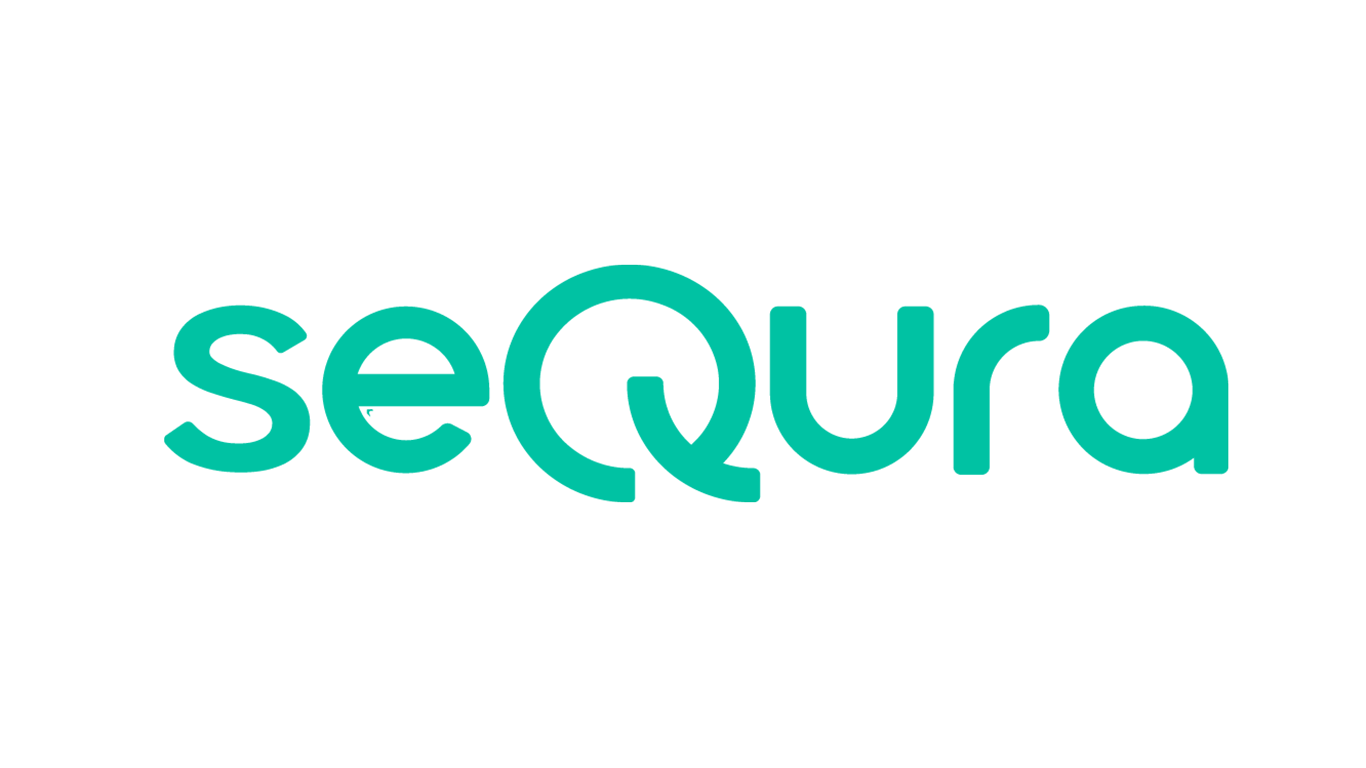
SeQura the leading BNPL and flexible payments platform in Spain and southern Europe, closed an asset-backed agreement with Citi of up to €150m of senior financing. Existing financing partner Chenavari, a specialized credit investor based in London, continues its support for SeQura, bringing the total financing potential up to €200m.
This new facility will increase the company's overall funding capacity and support SeQura's international expansion across Southern Europe, as well as the development and launch of new, innovative payment solutions. The new agreement significantly reduces SeQura's funding cost and will allow SeQura to further its investment into strategic and high-growth initiatives to support our mission of being the preferred partner to the merchants.
"We are delighted to enter into a new financing with Citi, one of the largest and most renowned banks in the world, which will support our focus on building a sustainable business model and enables us to continue to bring innovative payment solutions for both merchants and shoppers." Markus Jennemyr, CFO of SeQura
In contrast with most venture capital-funded fintechs and payment startups worldwide, SeQura has proven to have a sustainable and profitable business model in the BNPL and flexible payments space. The company, which was bootstrapped until the end of 2021, has rapidly grown at an average of 100% per year over the last 5 years and is forecasting a €100m revenue run-rate by the end of 2023.
The company's mission to be the best partner for merchants' growth, becomes even more relevant in the present economic context, where consumers' diminished disposable income is slowing down e-commerce growth "One size-fits-all BNPL solutions are not enough in this market, merchants, and shoppers, need a diverse set of flexible payment solutions tailored to their sector and business. Our products look beyond the checkout and cover key touchpoints of the customer journey to further optimize merchants' conversion rates and buying recurrence." adds Markus Jennemyr.
Related News
- 08:00 am
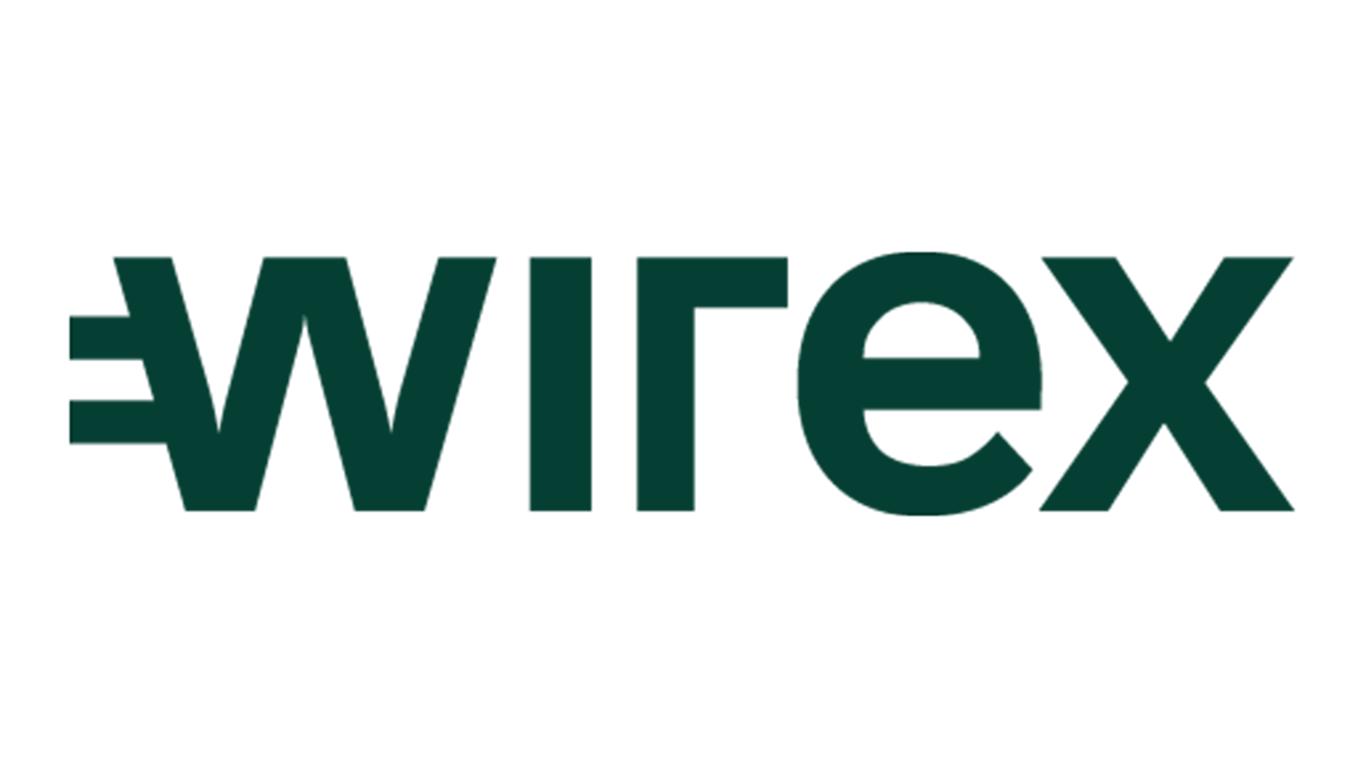
Wirex is happy to announce the signing of the Memorandum of Understanding with the Uzbekistan Direct Investment Fund.
With this partnership, we will support the Uzbek government as they implement blockchain solutions and distributed ledger technology for various government services.
Having recently established a forward-thinking regulatory framework for the country’s sector, the move aims to further attract retail and institutional investors.
In addition to the partnership, Wirex plans to provide financial investment for several projects to promote growth within the finance and blockchain sectors, enabling 35 million Uzbekistans to access the benefits of blockchain technology.
Atabek Nazirov, Director of the Uzbekistan Direct Investment Fund commented: “Being located in the heart of the Central Asia, with traditions infused by the Great Silk Road, Uzbekistan has always played a critical role in the economic and financial growth of the region. To continue this path, it’s vital we take advantage of opportunities within the global fintech space and utilise new technologies, including blockchain and distributed ledger. Wirex is a global veteran and one of the fintech leaders, with regulatory expertise in multiple markets. They already possess what we need to achieve this, including the global regulatory landscape and technical aspects of blockchain integration. We’re delighted to choose to partner with Wirex.”
Commenting on the partnership, Svyatoslav Garal, Managing Director of Wirex APAC said: “Over the past 7 years, our company has gathered tremendous experience in developing blockchain technologies and has built one of the best platforms in the world. Aligning closely with our goals, this partnership is a significant milestone not only for Wirex and Uzbekistan, but also for blockchain more generally. We’re excited to work alongside the Uzbekistan Direct Investment Fund in order to help the sector thrive, enrich the financial ecosystem there and set a benchmark for other countries, and ultimately expand.”









